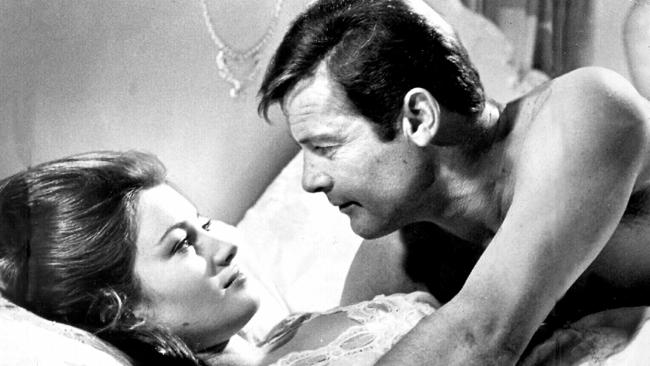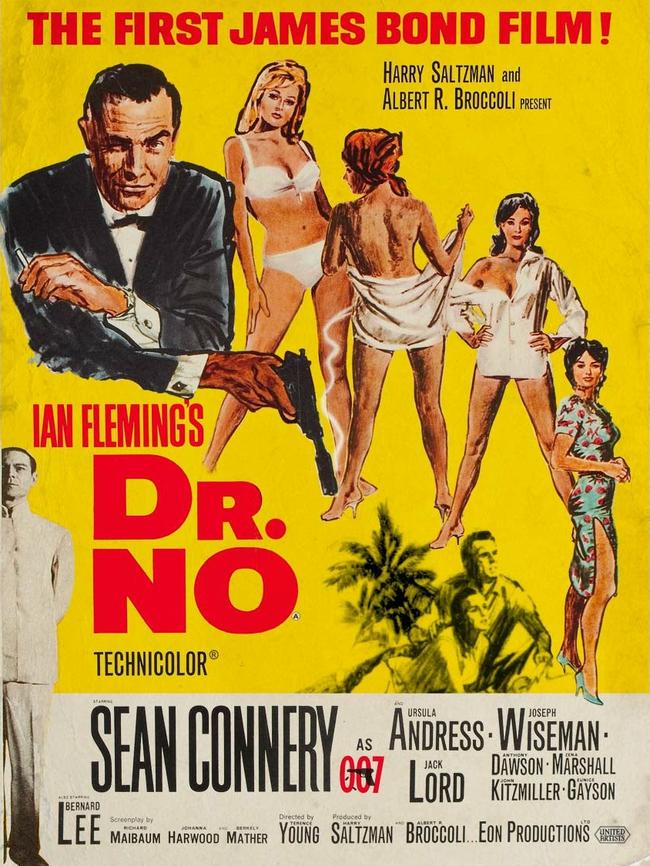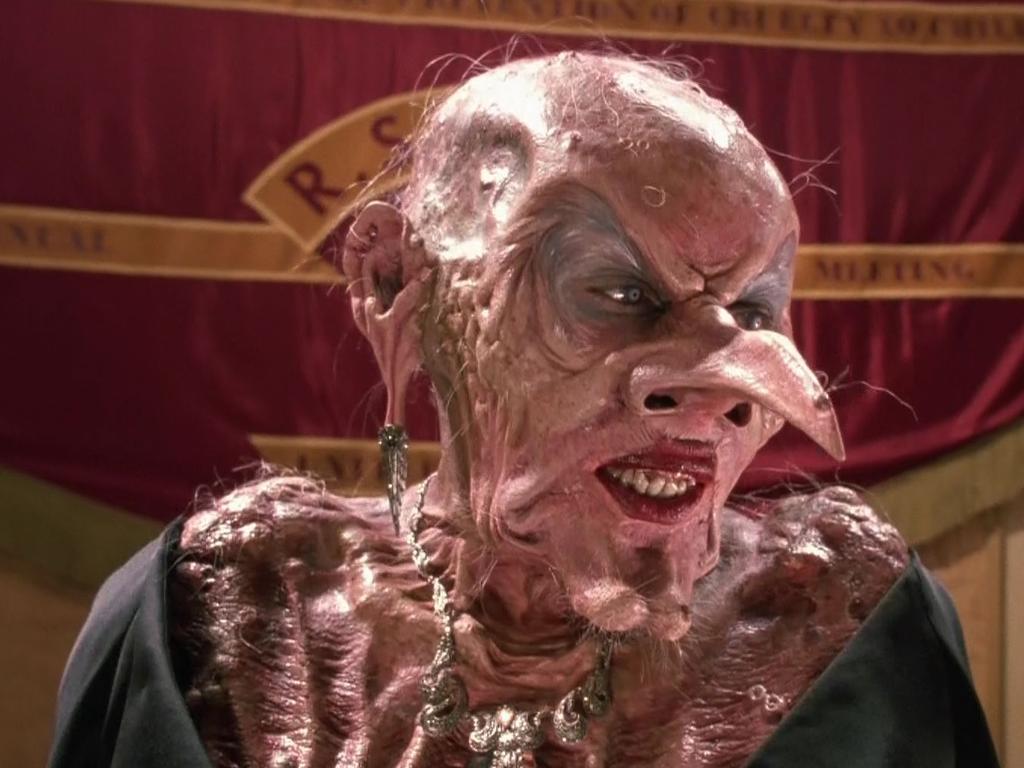James Bond novels ‘updated’ to take out race references
A sensitivity review of Ian Fleming’s James Bond novels ahead of their re-release deems the N-word unacceptable but seems to have no problem with offensive references to women, gays, or rape.
All Ian Fleming’s Bond stories will be re-released in April to mark 70 years since the spy thrillers first appeared.
Terms such as the n-word, which featured in his writing from the 1950s and 1960s, have been excised too. In most cases, this is replaced by “black person” or “black man”, but in some instances, racial descriptors are dropped entirely.

Some depictions of black people have been reworked but references to other ethnicities, such as a term for east Asian people and Bond’s mocking views of Oddjob, Goldfinger’s Korean henchman, remain.
The Sunday Telegraph reported that revised lines included Bond’s assessment in Live and Let Die that would-be African criminals were “pretty law-abiding chaps I should have thought, except when they’ve drunk too much”, which has been changed to “pretty law-abiding chaps I should have thought”.

However, references to the “sweet tang of rape”, “blithering women”, doing a “man’s work” and references to homosexuality being a “stubborn disability” have been kept.
A disclaimer accompanying the new editions is expected to read: “This book was written at a time when terms and attitudes which might be considered offensive by modern readers were commonplace. Updates have been made, while keeping as close as possible to the original text and the period in which it is set.”
Criminals escaping from Bond in Dr No become simply “gangsters”. In that novel, the race of a doctor and an immigration officer now go unmentioned, as does that of a henchman shot by Bond.
The ethnicity of a barman in Thunderball is similarly omitted in new editions.
Ian Fleming Publications, which owns the rights to the author’s work, commissioned the review of the series to mark 70 years since the publication of Fleming’s first novel, Casino Royale.


The books have been changed previously to suit different markets. Fleming gave Al Hart, his editor, permission to tone down sex scenes for American readers. He also let US publishers modify racial references in Live and Let Die.
Ian Fleming Publications said: “We reviewed the text of the original Bond books and decided our best course of action was to follow Ian’s lead. We have made changes to Live and Let Die that he himself authorised.
“We looked at the instances of several racial terms across the books and removed a number of individual words or else swapped them for terms that are more accepted today but in keeping with the period in which the books were written. We encourage people to read the books for themselves.”
The Times






